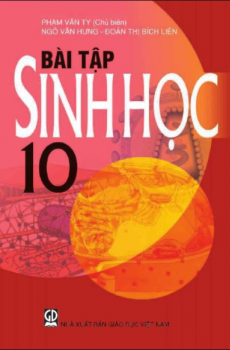Evolution, Old & New Or, the Theories of Buffon, Dr. Erasmus Darwin and Lamarck, as compared with that of Charles Darwin
Evolution, Old & New Or, the Theories of Buffon, Dr. Erasmus Darwin and Lamarck, as compared with that of Charles Darwin
Log in to download this book.
| Publisher | Chưa rõ |
|---|---|
| Accessible book producer | Public domain |
| Published year | 2007 |
| Coppy right | Chưa rõ |
Since the proof-sheets of the Appendix to this book left my hands, finally corrected, and too late for me to be able to recast the first of the two chapters that compose it, I hear, with the most profound regret, of the death of Mr. Charles Darwin.
It being still possible for me to refer to this event in a preface, I hasten to say how much it grates upon me to appear to renew my attack upon Mr. Darwin under the present circumstances.
I have insisted in each of my three books on Evolution upon the immensity of the service which Mr. Darwin rendered to that transcendently important theory. In "Life and Habit," I said: "To the end of time, if the question be asked, 'Who taught people to believe in Evolution?' the answer must be that it was Mr. Darwin." This is true; and it is hard to see what palm of higher praise can be awarded to any philosopher.
I have always admitted myself to be under the deepest obligations to Mr. Darwin's works; and it was with the greatest reluctance, not to say repugnance, that I became one of his opponents. I have partaken of his hospitality, and have had too much experience of the charming simplicity of his manner not to be among the readiest to at once admire and envy it. It is unfortunately true that I believe Mr. Darwin to have behaved badly to me; this is too notorious to be denied; but at the same time I cannot be blind to the fact that no man can be judge in his own case, and that after all Mr. Darwin may have been right, and I wrong.
At the present moment, let me impress this latter alternative upon my mind as far as possible, and dwell only upon that side of Mr. Darwin's work and character, about which there is no difference of opinion among either his admirers or his opponents.
April 21, 1882.











